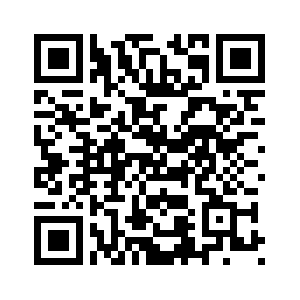SEOUL, Feb. 4 (Xinhua) -- South Korea's constitutional court on Tuesday held the fifth hearing of impeachment trial on President Yoon Suk-yeol, with the arrested president being present for the third time.
Yoon presented himself at the courtroom in central Seoul at about 2:00 p.m. local time (0500 GMT) after attending the third and fourth hearings last month.
During the fifth hearing, Yoon said that "nothing really happened" on the night of Dec. 3 last year when he declared an emergency martial law, denying allegations that he ordered martial law troops to drag lawmakers out of the hall of the National Assembly that revoked the martial law hours later.
Throughout the midnight hours, military helicopters landed at the National Assembly and hundreds of armed special forces troops broke into the parliamentary building, TV footage showed.
Under the constitution, a president is required to report the martial law imposition to the National Assembly, the sole body with the right to repeal martial law.
Yoon claimed that he intended to appeal to people in the form of martial law and lift it when the parliament voted against it, but he noted that such intention was shared only with former Defense Minister Kim Yong-hyun, not with other cabinet members.
According to the prosecution's indictment, Yoon urged military commanders over phone to push martial law troops into the parliamentary chamber, where the lawmakers gathered to lift the martial law, by "firing guns" and "using axes" to break the door open.
Lee Jin-woo, former chief of the Capital Defense Command accused of his involvement in the martial law imposition, refused to testify during the hearing, saying he was restricted in testimony as his own criminal case was underway.
Lee only admitted that he talked with Yoon on the phone on the night of the martial law declaration.
Yeo In-hyung, former head of the Defense Counterintelligence Command, also refused to testify that he had received orders from the former defense minister to arrest and detain politicians, including chiefs of the ruling People Power Party and the main opposition Democratic Party.
Officially confirming Yoon's direct order to arrest the politicians, Hong Jang-won, former first deputy director of the National Intelligence Service, said in the hearing that Yoon gave him orders to help the defense counterintelligence command "round up all" of the politicians.
Hong told lawmakers last month that he was given the orders over phone around 20 minutes after the martial law declaration.
Yoon testified that his instructions to assist the defense counterintelligence command had nothing to do with the martial law imposition.
Next hearings were scheduled to be held on Feb. 6, 11 and 13.
The motion to impeach Yoon was passed through the National Assembly on Dec. 14 last year and was delivered to the constitutional court to deliberate it for up to 180 days, during which Yoon's presidential power is suspended.
Yoon was apprehended in the presidential office on Jan. 15, becoming the country's first sitting president to be arrested.
Yoon, who was named as a suspected ringleader of insurrection, was indicted under detention on Jan. 26, becoming the country's first incumbent president to be put on trial in custody.
The South Korean president was accused of conspiring with the former defense minister, who had already been indicted under detention, to declare unconstitutional, illegal martial law and dispatch armed forces into the National Assembly. ■



